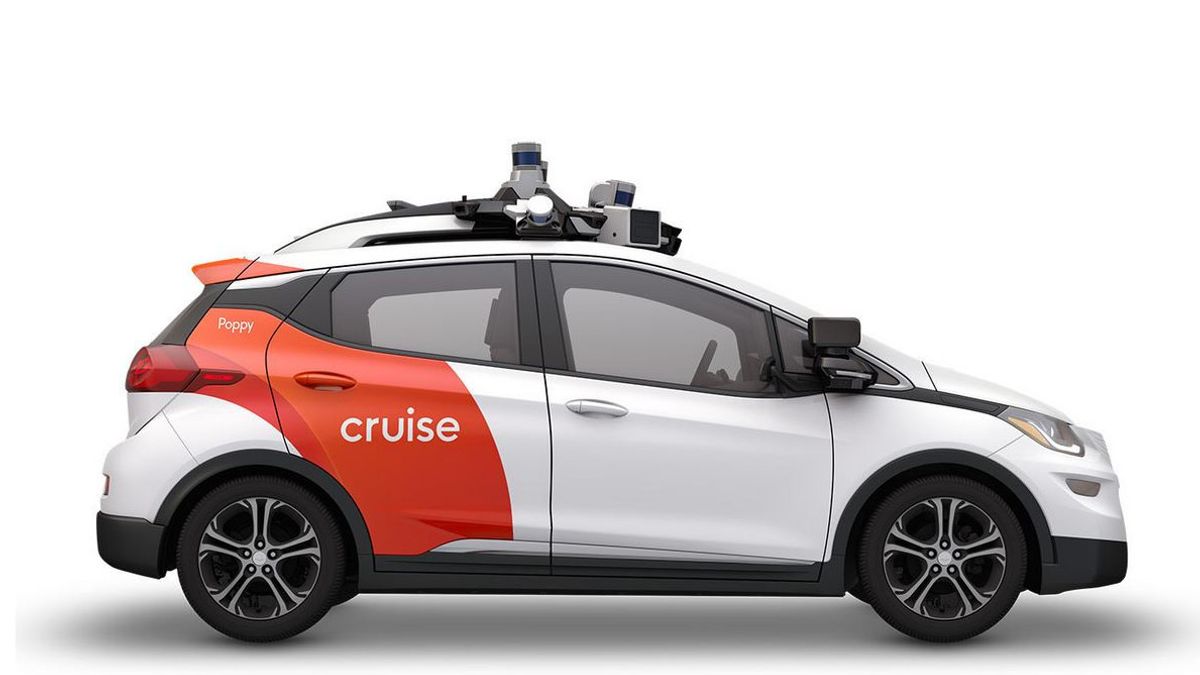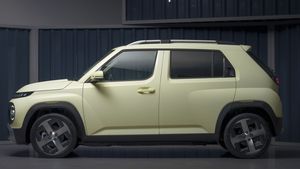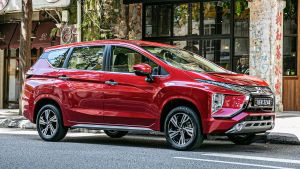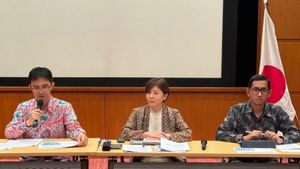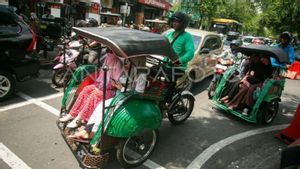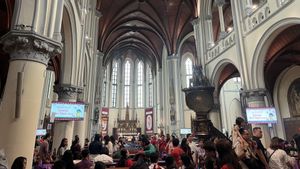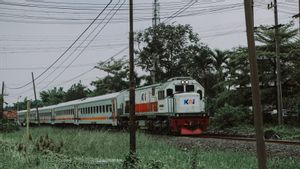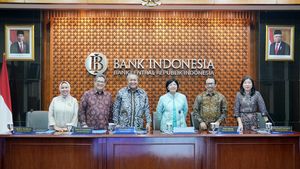JAKARTA Autonomous vehicles do promise a more efficient future of transportation. However, this technology still faces a number of obstacles that need to be overcome before it can be implemented widely.
One of the challenges is that sensors used by autonomous vehicles must be able to detect objects very accurately in various weather and light conditions. The biggest challenge lies in the sensor's ability to distinguish static and dynamic objects, as well as recognize unexpected objects.
General Motors (GM) through its autonomous vehicle division, Cruise, for example, has gone through a number of obstacles in its development but GM does not give up easily.
Now GM has announced that it will start testing again with up to five autonomous vehicles in the Bay Area, California, United States in the fall of this year.
SEE ALSO:
Launching Reuters, September 20, before testing begins, Cruise will first deploy several manual mapping vehicles in Sunnyvale and Mountain View to collect data. This information will be used to improve the capabilities of autonomous vehicles before being released onto the highway.
The announcement marks an important step for Cruise, who stopped operating its autonomous vehicle in the United States last October after an incident in San Francisco. At that time, a pedestrian was hit by another car and was then dragged by one of Cruise's robotaxis.
"The return of testing in the Bay Area is a significant step forward in our efforts to work closely with California regulators and local stakeholders," Cruise said in a statement.
Meanwhile, the California Department of Motor Vehicles issued a draft regulation regarding road autonomous vehicle operations in August. This opens up opportunities for autonomous trucks to start long-distance deliveries.
With these steps, GM is getting closer to realizing the vision of autonomous vehicles that can operate safely and efficiently on the highway.
The English, Chinese, Japanese, Arabic, and French versions are automatically generated by the AI. So there may still be inaccuracies in translating, please always see Indonesian as our main language. (system supported by DigitalSiber.id)
